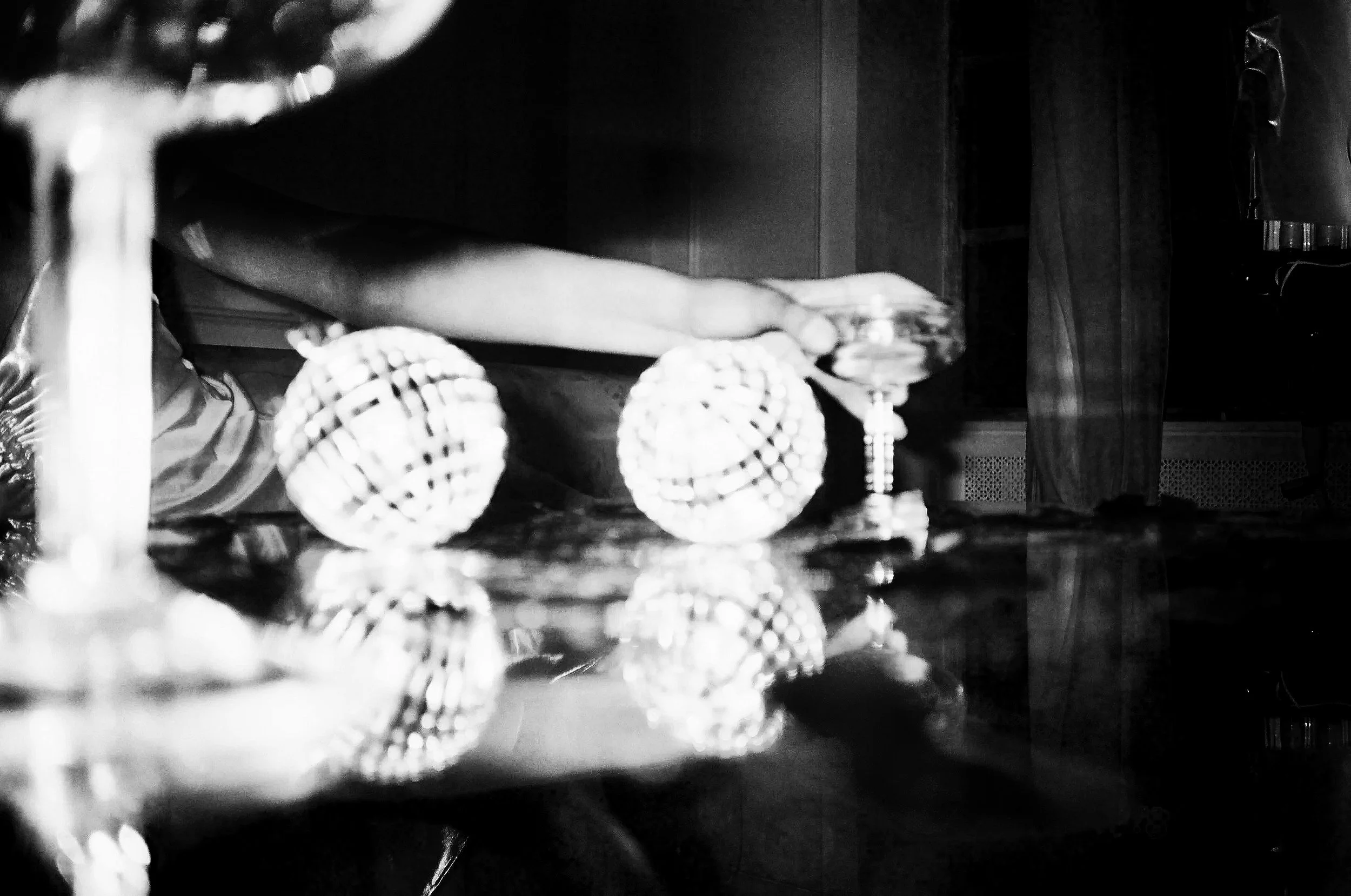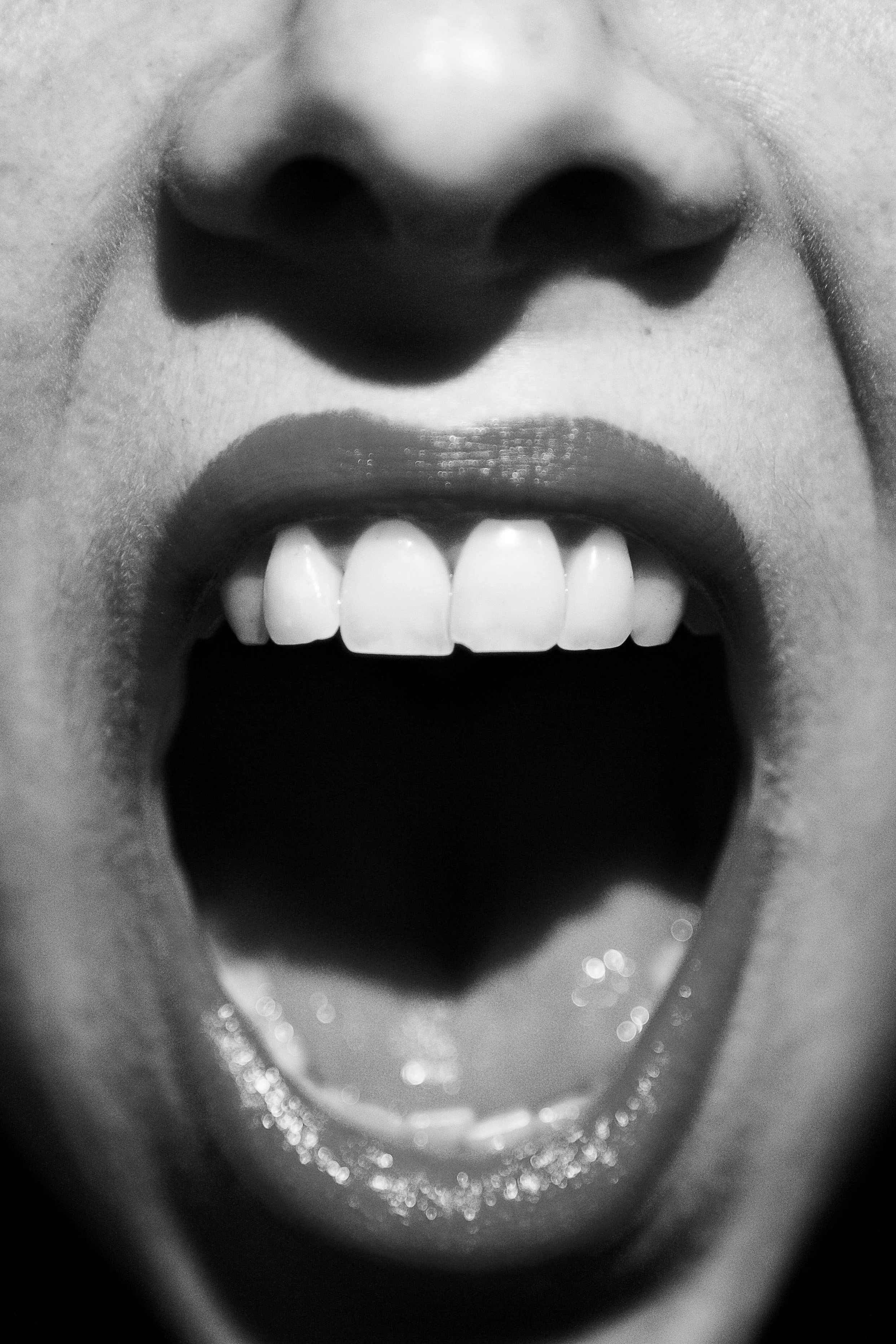
why I'm giving myself permission to fail in 2026
I had big plans for 2025.
I was finally going to get my shit together and work out consistently. I was going to get my writing published somewhere that wasn’t just my Instagram feed or my blog. I was going to post on social media four times a week and really grow my account.
And guess what? I failed spectacularly.

if making friends as an adult is hard, try doing it disabled
We’ve all heard it before... that making friends as an adult is hard.
Well… try making friends as a disabled adult, right?
I’ve never found it particularly easy to make friends. And I’ve certainly never been part of any kind of “popular” group. But growing up, I guess circumstances just kind of handed me friendship by default.
I went to the same, small school for all 12 years, so it was kind of like I had a built-in friend group there.
In college, it was easy to be friends when we were partying a lot, pulling caffeine fuelled all-nighters, and bonding over the insanity that was film school.
I never exactly fit in, but I fit in just enough.
Adulthood, though? Whole different story.

what it’s really like living with CMT and why I used to be so ashamed of it
If I could sum it up in just a few words? I’m always tired.
Not like end of the day when you just want to go to bed tired. But like my muscles are going to give out any second tired. Or I can’t even find the strength to brush my teeth tired.
It’s also a lot of little things that the world never sees.

stop asking what’s wrong with me
You feel it coming before they even open their mouth.
A stranger spots you in the produce aisle.
They're doing that thing where they're pretending not to stare while absolutely staring.
Your spidey sense is tingling.
They move closer and you just hope they’re going to ask you what time it is, or if you know where the avocados are.
“What’s wrong with you?”
Annnnnd there it is.
That question.

Why I don’t like most online support groups
I find a lot of online support groups draining as hell.
As someone who’s always been the only disabled person in the room, and who doesn’t have a huge support system, I’ve always been searching for some sense of community.
And when you have a rare disease like CMT, that usually means finding whatever free, open-to-everyone support group that exists on the internet. And while it’s a huge pro that spaces like these do exist, there are also some real cons.

I spent over $3000 this year trying to fix myself
Okay, I have something to confess.
And honestly? It’s kind of embarrassing.
So far this year, I’ve spent over $3,000 on clothes.
Three. Thousand. Dollars.
Yikes.

the photo I almost didn’t post
If you follow me on social media, you might already know that June was Scoliosis Awareness Month.
To close it out, I wanted to post a photo of my back. And it wouldn’t have been the first time I did that.
But I realized something: even though I have posted my back before, I was still only ever posting my “good” angles. The ones where my very obvious rib hump wasn’t as obvious.
And I was kind of disappointed in myself. Because on social media, I’ve always tried to be real and honest about my disabled body. But turns out, I was still trying to curate it. Still trying to make it more acceptable.

It’s not our job to make non-disabled people comfortable
So, I made the reel. And then I got a comment from some guy — actually, multiple comments.
Clearly, what I had to say really upset him.
He told me that I was overreacting. That people can’t help where their eyes go. That I should have used humour to put her at ease — that it was my job to help her feel more comfortable with my disability.
Read that again.
He was literally telling me that when someone stares at me for the way I walk, I should be the one to help them feel better about it.

this wasn’t the bridal experience I dreamed of
I’ve spent most of my life noticing how people react to my disability. It’s a sixth sense that most of us with apparent disabilities have developed over time.
The awkwardness. The stares. The polite-but-weird energy that forms when we enter the room.
And when I got engaged, I felt it again.

